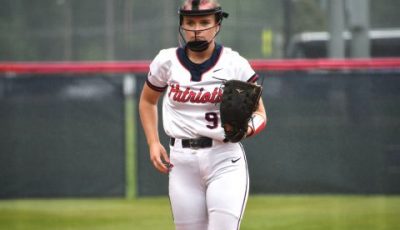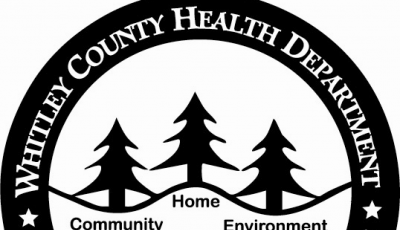Local psychiatrist offers tips for maintaining mental health during COVID-19 pandemic
COVID–19 and a wet spring are3 teaming up to keep people from getting out and about as much as they would like, which can quickly become a mental strain for many.
However, local psychiatrist Dr. C. William Briscoe, said this time can be a positive in people’s lives.
“In our daily lives, a month ago, there was not enough time to do anything with family going in all different directions,” Briscoe explained. “Now, COVID–19 has brought us together for a common cause.”
Briscoe said that like other milestone events in a person’s life, such as the 9/11 terrorist attacks, Y2K, the end of the cold war, Watergate, Vietnam, or for those old enough, World War II and the Great Depression, they leave an indelible imprint.
“Our memories are selective. We tend to remember the positive things,” Briscoe said, noting that there are some positive things that come out of stressful times.
Like with those other events, Briscoe said people in general appear to be adjusting to the changes.
However, those changes can be frustrating, and Briscoe emphasized that those who are feeling that frustration should understand that it is okay to feel that way, and okay to ask for help in dealing with it.
Briscoe offered some guidance in dealing with day-to-day life during the pandemic.
First and foremost, Briscoe said that instead of feeling trapped, see it as an opportunity to accomplish household tasks you may have been putting off.
“I haven’t cleaned out a closet in years. This weekend, I cleaned out two closets,” Briscoe said, adding that yardwork and gardening can also help as they are activities that allow you to get outside and also things where you can see what you have accomplished.
In addition to things, Briscoe recommended making people more of a priority.
“Talk to people that you haven’t talk to in a while,” Briscoe said. “Keeping in touch with family and friends is important.”
With so much free time, Briscoe said there are several things that can quickly spiral out of control.
“Don’t fall into the trap of alcohol,” Briscoe emphasized.
In addition, Briscoe said it is important to keep regular meal schedules and avoid the constant desire to snack that comes with so much free time.
Finally, Briscoe said people should not be afraid to turn off the news.
“You can almost feel trapped in following it,” Briscoe said. “Maybe 30 minutes a day will keep you up to date.”
For those with children, Briscoe emphasized the need to keep them on a schedule like they would be if they were still in school, and develop expectations for them.
“Set an example and give them a sense of control and safety,” Briscoe said when asked for advice for parents.
As part of that, Briscoe said don’t let children treat the time as an extended vacation.
“Put children on a schedule. Don’t let them sleep really late in the morning. Keep a list of tasks they are expected to accomplish,” Briscoe advised.
Last but not least, Briscoe said prayer can be beneficial during this time.
“It really helps deal with stress,” Briscoe said.
Briscoe said like help with physical ailments, mental help is available through telemedicine.
“Asking for help is one of the major things in getting through this,” Briscoe said. “Make sure you ask for help!”








